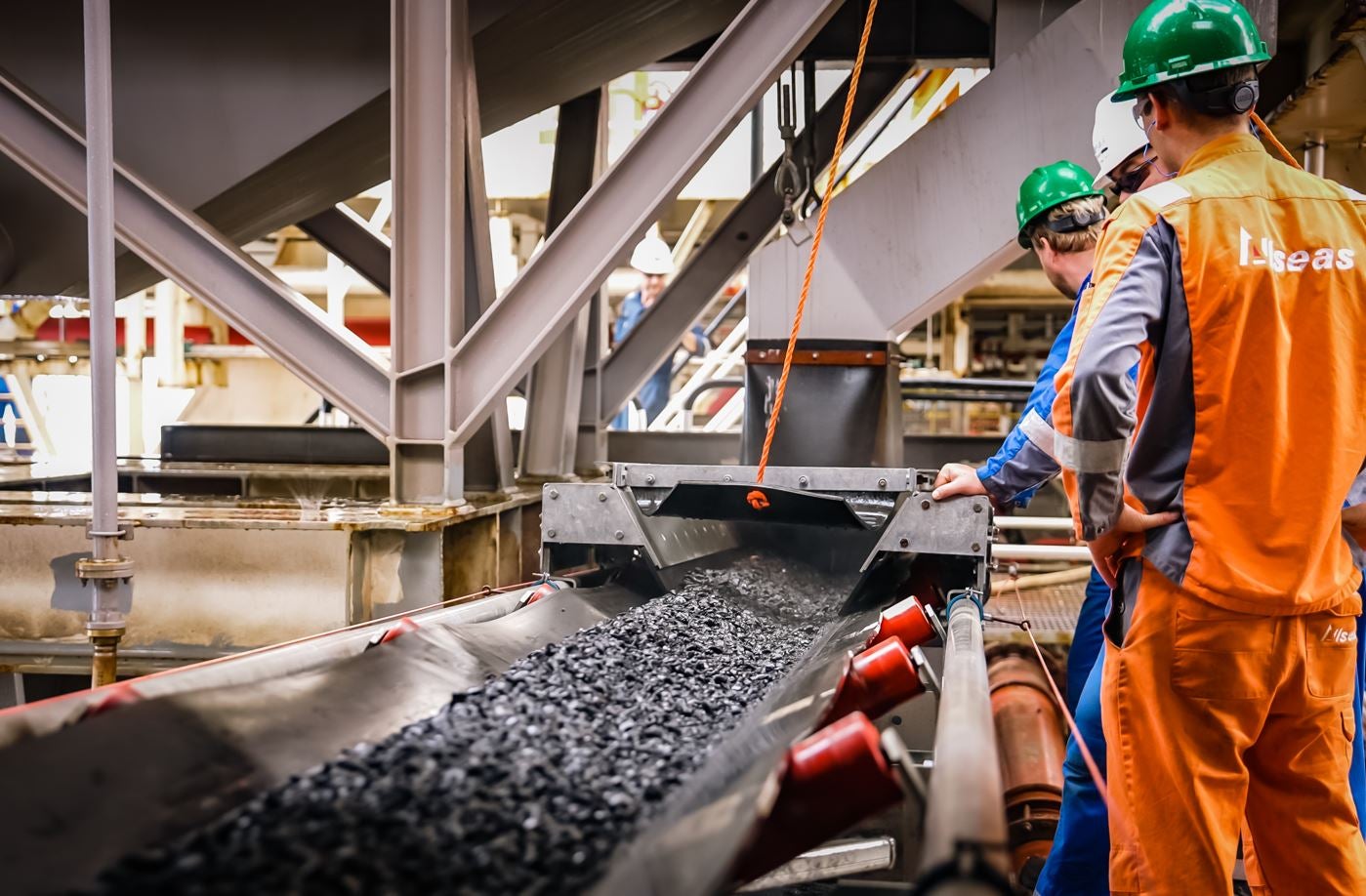
Victor Vescovo, a high-profile undersea explorer and co-founder of Texas private equity firm Insight Equity Holdings, said deep-sea mining would be an “extraordinarily high” financial risk for investors.
Speaking on the sidelines of this month’s International Seabed Authority (ISA) talks in Jamaica, Vescovo made a business case against mining the sea floor to uncover critical minerals.
“I didn’t come here because I’m a raving ocean environmentalist. I’m not,” he told Bloomberg Green. “I’m first and foremost an industrial private equity guy. I did the math, and deep-sea mining just doesn’t work, as the risks are extraordinarily high.”
International delegates are meeting in Kingston this month to finalise regulations and the permitting process before deep-sea mining applications are approved.
In 2021, the Pacific state of Nauru activated an obscure sub-clause in the UN Convention on the Law of the Sea, which gave the ISA a two-year deadline to “consider and provisionally approve” applications, even though regulations have not yet been finalised.
While most of the criticism levelled towards deep-sea mining projects has been environmental, Vescovo states that it also would not be profitable.
“The environmental damage would be extensive and non-recoverable, but heavily ignored is that its technical and financial viability is extremely questionable,” Vescovo said in a tweet.
Polymetallic nodules, located at depths of between 3,500m and 5,000m, are of particular interest to deep-sea miners. The nodules contain high concentrations of copper, manganese, nickel sulphate and cobalt sulphate, minerals increasingly in demand for energy transition technologies including batteries and electric vehicles.
Vescovo was surprised that logistical challenges had not received much attention. “Everything breaks. Everything is difficult,” he told a World Wildlife Fund talk attended by Bloomberg Green this week in Jamaica. “You’re talking about sustained heavy mining operations in depths that exceed the depth of the Titanic.”
The international deep sea mining debate
Supporters of deep-sea mining say that it could become a trillion-dollar industry and support green investment. They also say the nodules can be mined responsibly, a claim disputed by marine biologists.
Miners propose to remove these nodules using large vehicles that suck the nodules up from the sea floor along with sediment. Not only could sediment disturbance have significant implications for marine life, but according to Vescovo, the process is too costly.
According to a study conducted in 2021 by the Maritime University of Szczecin in Poland, economic prospects remain limited given the complexity of deep-sea mining operations.
Talks in Jamaica are making limited progress as delegates struggle to agree on whether submissions for mining permits should be accepted before regulation is in place. Nearly 200 governments are calling for a “precautionary pause” or moratorium on the practice until more in-depth research has been completed. These include Chile, Costa Rica, Germany, New Zealand, Spain and Switzerland. France has also banned the practice outright.

.jpg)


